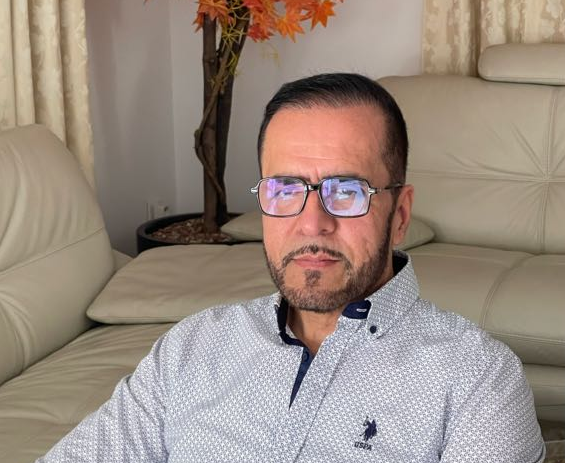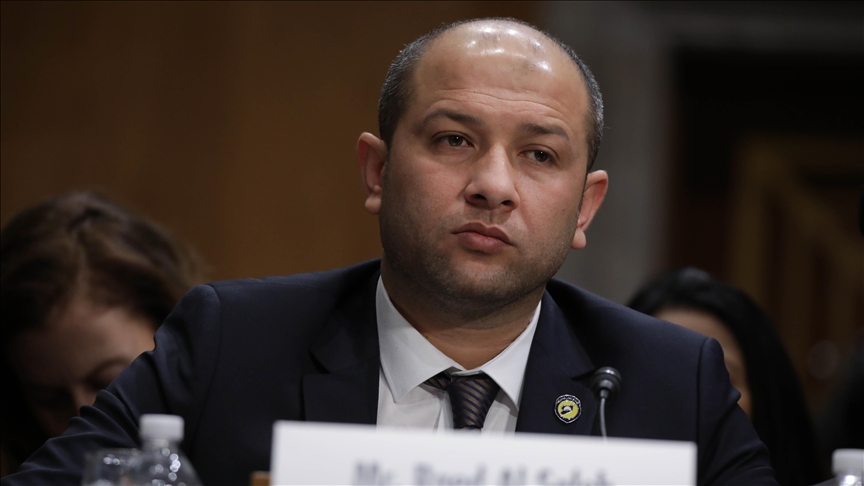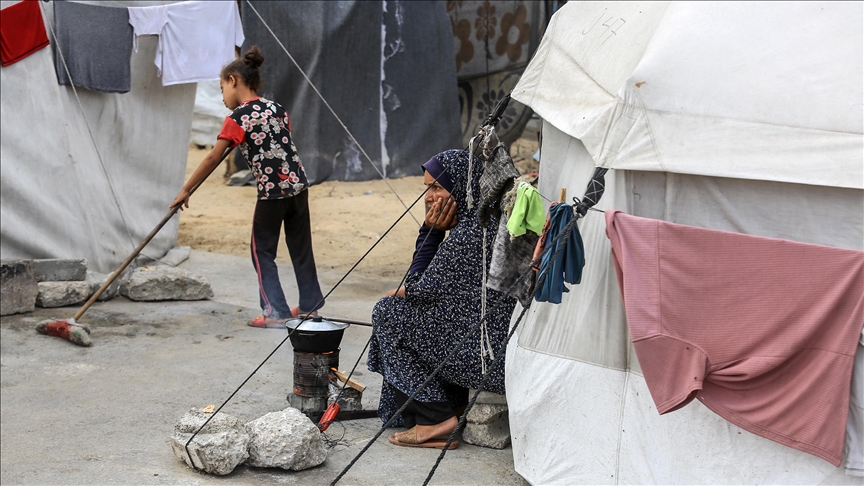In recent hearings at the International Court of Justice (ICJ) in The Hague, Armenia presented claims accusing Azerbaijan of ethnic cleansing in the disputed Nagorno-Karabakh region. This has sparked a broader discussion on the global stance towards Armenia's allegations against Azerbaijan. Naim Asas, Chairman of the Center for Strategic Analysis and Geopolitical Studies in Paris, provides insightful analysis to Ednews, shedding light on various dimensions of this complex issue.

Analysis of the ICJ Hearings:
The hearings at the ICJ underscore the deep-rooted issues within the Caucasus region, particularly concerning Nagorno-Karabakh. Both Armenia and Azerbaijan presented their arguments, highlighting the critical role of the ICJ in mediating such conflicts and ensuring fair dispute resolution based on international law.
Multicultural and Multiethnic Aspects of Azerbaijan:
Azerbaijan prides itself on being a multicultural and multiethnic society, complicating the narrative around allegations of ethnic cleansing. The Azerbaijani government emphasizes the integration and legal protection of Armenians in Karabakh, aiming to promote tolerance and diversity within the country.
Political and Sociological Considerations:
The Armenia-Azerbaijan conflict is deeply influenced by regional and international politics, with significant involvement from Russia and Turkey. Sociologically, issues of ethnic identity and coexistence are exacerbated by historical traumas and ongoing tensions.
Strategic and Academic Implications:
Using the ICJ as a forum for conflict resolution demonstrates a preference for legal mechanisms over armed conflict. However, the effectiveness of such proceedings can be hindered by diplomatic relationships and internal political dynamics. Academically, this case provides valuable insights into international law and conflict resolution strategies.
Geopolitical Elements and Perspectives:
The Caucasus region holds strategic importance for energy resources, linking the conflict to global energy markets and European energy security. Involvement of regional powers could alter the balance of power in Eastern Europe and the Middle East, impacting broader international security dynamics.
Recommendations for Both Parties:
Asas advises Armenia and Azerbaijan to engage with the ICJ and the international community to prioritize diplomatic solutions and foster dialogue. Sustainable peace would promote economic development and cooperation, benefiting both nations in the long term.
In conclusion, the outcomes of the ICJ hearings will influence bilateral relations between Armenia and Azerbaijan and shape global perceptions of justice and national sovereignty. This case remains a focal point in discussions on international law and ethnic conflict resolution.
Took the interview: Farid Akhund










